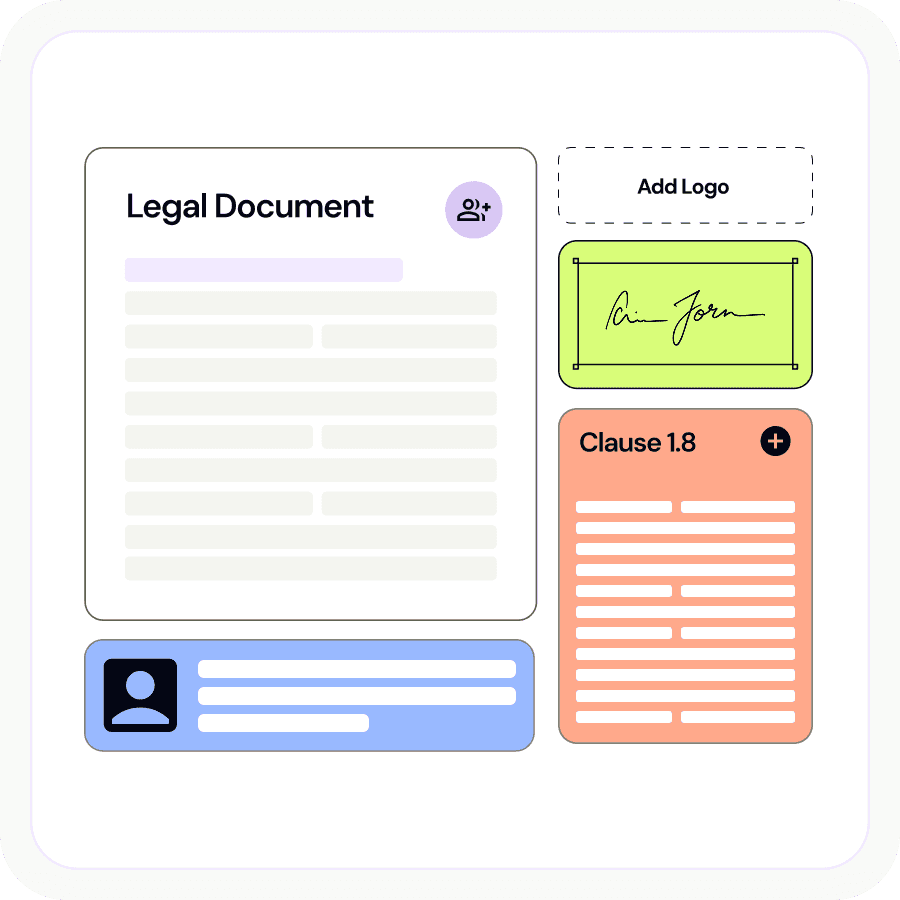A consultant is someone who has a strong background or expertise in a certain area. They normally undertake a specific job and to evaluate the strength of an organisation and make suggestions on how to make it more successful. A consultant is much more like an independent contractor than an employee. Below we discuss the advantages and disadvantages of hiring a consultant.
Advantages of Hiring a Consultant
1. Additional skills
Hiring a consultant can open access to some of the skills that are scarce or nonexistent in your company. You’ll also have the advantage of bringing in someone external to your business who offers a fresh perspective.
2. Experience
Consultants are usually hired for their experience and expertise in a particular area. Whether you hire a consultant for training or to set up a project, you rely on their expertise to get results within a specified time which can enhance productivity
3. Outsider perspective
A consultant will often provide an outsider’s perspective to the company’s undertaking, which can help prevent the company from becoming too insular in its thinking.
4. Reducing Costs
Experience of the consultants cuts training time and ensures the company avoids expensive pitfalls. Unlike regular employees, your company doesn’t have to maintain consultants on your payroll once the project you hired them for is complete. Your company saves on both benefits and payroll taxes.
5. Flexibility
Consultants often work on a flexible schedule. This can benefit your business as there is no long-term commitment to consultants. Consultants will get in, do the job and work to your preferences.
Disadvantages
1. Higher cost
Consultants sometimes cost more than regular employees because of their expert knowledge and the experience they have in the particular area of business they are hired for.
2. Lack of control
It is hard for your business to control the way consultants work as most of the time they work on their own and may work away from the office. Consultants may also have a few modes of employment hence at times your business needs may not take priority.
3. Quality control
If you’re hiring a stranger, you really know nothing about whether their skills will help or hinder your project. And consultants often work on their own time, in their own way. This lack of visibility can hide poor-quality work.
4. Lack of knowledge of internal processes
Consultants don’t know your business or your organisation and procedures as well as you do. They have to go through a learning period the first time you engage them.
What to include in your Agreement
Beyond the information you should include in any contract, such as personal details, a Consultant Services Agreement should lay out the project the consultant is undertaking. It should also outline how they will be remunerated.
Clauses
- Detailed description of the project.
- List of responsibilities.
- Background and expertise.
- Payment. Consultants can receive payment in a variety of ways. Sometimes, they may receive a wage or commission. However, more often than not a consultant receives a lump sum, either up front, on completion of the work, or some combination of the two.
- Support and reimbursement: Depending on the job, the consultant might get an office from which to work, a secretary, or a company car for the duration of his or her time. You should make sure that’s noted in the Consulting Agreement. Furthermore, make sure you spell out if the consultant will be reimbursed for expenses they incur during the course of the agreement.
- Liability: Since a consultant isn’t an employee, you’ll want to be clear about responsibilities and insurance in case of an accident.
Intellectual Property
Since consultants often see the inner workings of an organisation, it’s important to make sure both parties know who owns what information and who’s allowed to talk about it. It’s a great idea to include a confidentiality clause if a consultant is touching any sensitive or proprietary data. Further, when you hire a consultant, it’s crucial to make sure you’re on the same page in terms of what they’ve been hired to do.








